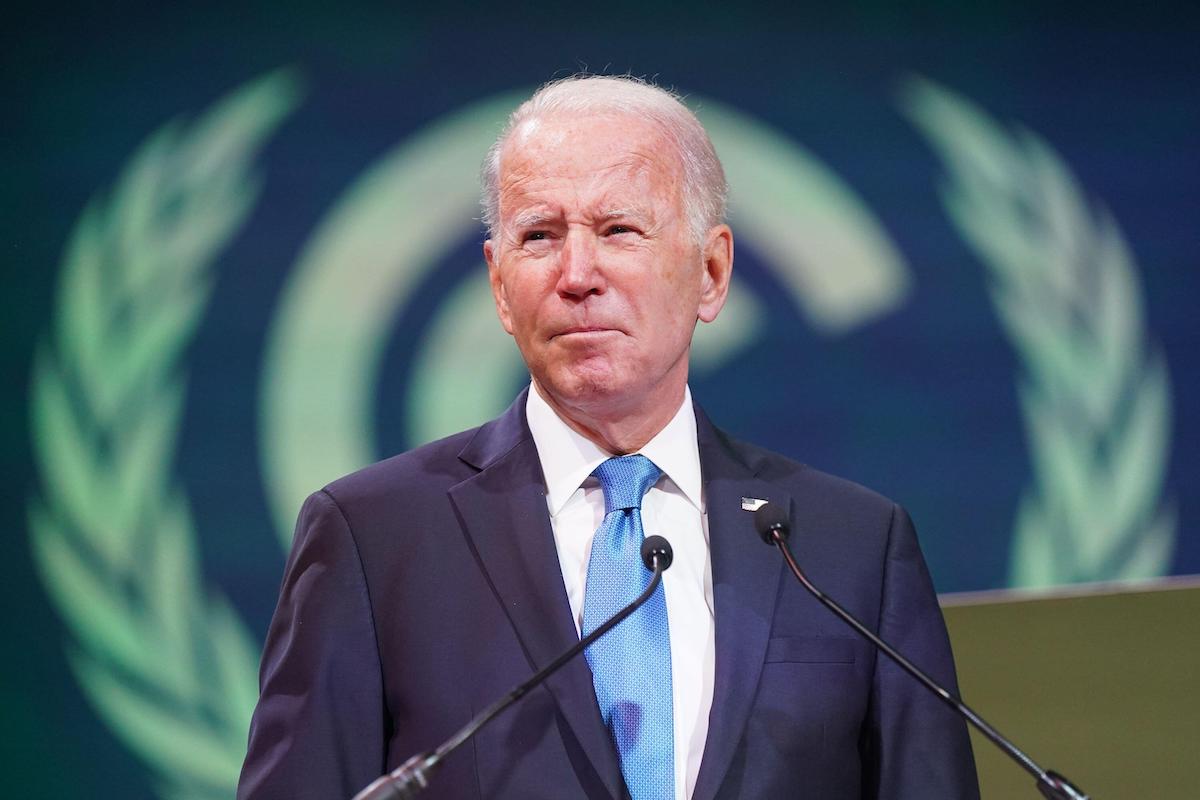
Biden’s 1st Year: Steep Path to Restoring the US
President Joe Biden took office a year ago on Jan. 20. The division in American society that intensified during the Trump administration continues even now under the Biden administration.
In addition to conflicts with the Republican Party, conflicts regarding policy within the Democratic Party have also been laid bare. Biden’s social spending bill, which was a focal point of his presidential campaign and includes climate change and wage gap measures, cannot be expected to pass. The president’s approval rating is steadily falling.
The administration initially seemed promising. Full-scale vaccination began in earnest in developed countries. Women and minorities were appointed as cabinet members and high officials, which demonstrated that the administration would place a high value on diversity.
Regarding foreign policy, Donald Trump turned his back on international cooperation in favor of emphasizing alliances. The international community welcomed the United States' return to the Paris Agreement on climate under Biden.
However, after that things took a turn for the worse. The administration especially received criticism for the chaotic withdrawal from Afghanistan.
Furthermore, large-scale fiscal spending and inflation accompanied by a labor shortage directly impact American families. As society’s anxieties regarding the variant strains of COVID-19 continue, citizens’ harsh view of the administration increases.
Considering the prior administration’s domestic and foreign policies as well as its inability to prepare for the crisis brought by the pandemic, it would be unfair to hold Biden fully responsible for the present situation.
Reconciliation and harmony among citizens. The struggle between democracy and authoritarianism. Foreign policy for the middle class. As the leader of the world’s democratic nations, it is natural for the Biden administration to set forth an ideology and worldview.
The question is whether these policies can be implemented in a way that conscientiously demonstrates their specific meanings and intent. Beyond correcting the mistakes of the previous administration, there are not yet any results that demonstrate the Biden administration's effectiveness.
There was no coordination with allied countries during the Afghanistan withdrawal. There also does not appear to be an intention to take the initiative in restoring an international trade system that encourages free trade.
Although the uncertainty that characterized the previous administration has diminished, the international community is worried whether the United States has truly broken away from its own America First principle, or whether it can be trusted as a guardian of a future order.
There is an acute rift in American society. Many members of the Republican Party agree with the claim that fraudulent voting occurred in 2020 presidential election. Members of both the ruling and opposition parties should recognize that the weakening of the United States' international influence will not cease if the crisis of democracy, as symbolized by the attack on the Capitol building a year ago, is not taken seriously.
In his inaugural address, Biden said, “Let us listen to one another.” America’s democratic politics needs to be restored. This can be accomplished by conquering the division in American society through talks that remember that initial resolution.

/https://tf-cmsv2-smithsonianmag-media.s3.amazonaws.com/filer/20130925085029Almaty-mountains.jpg)